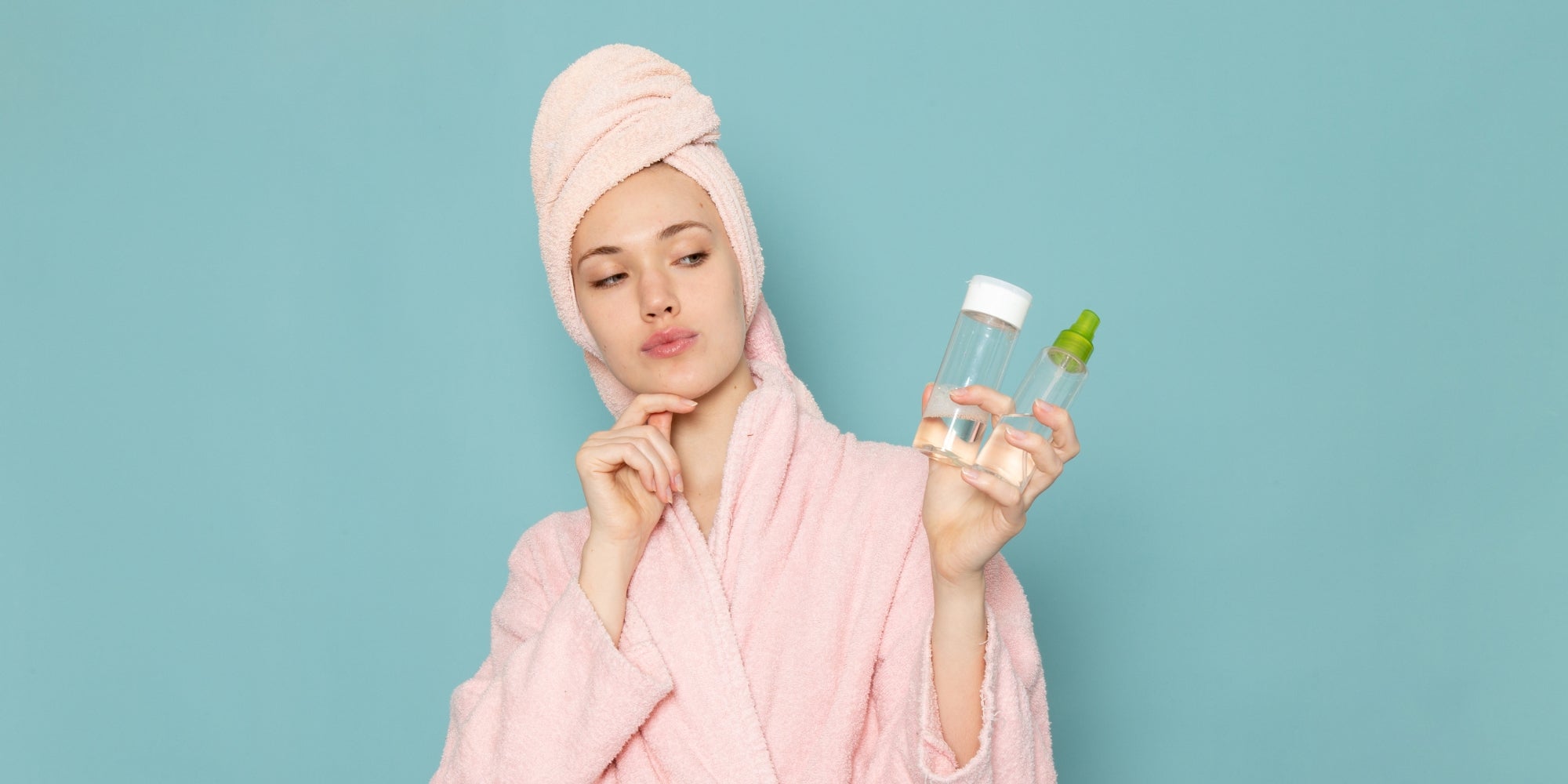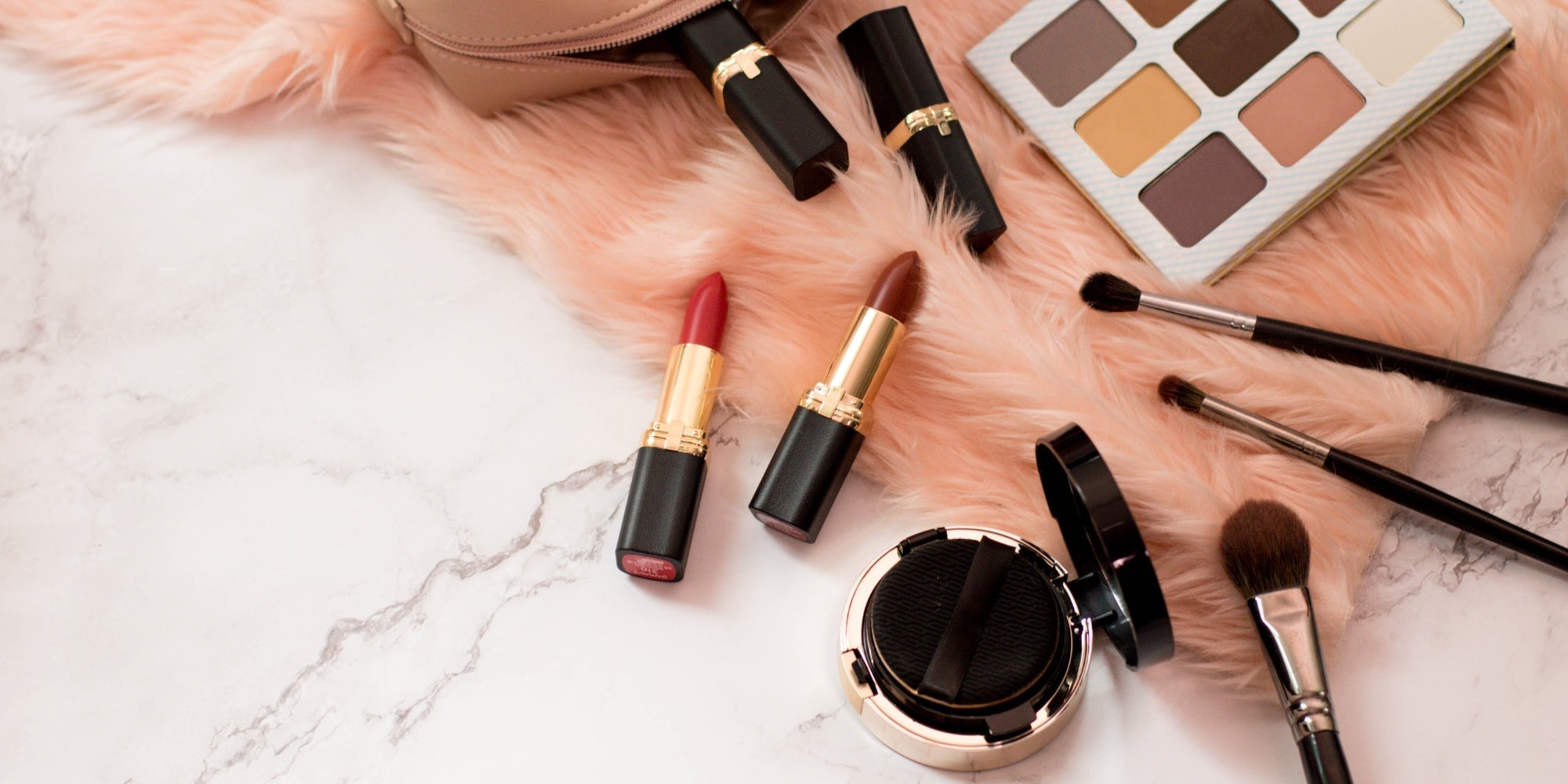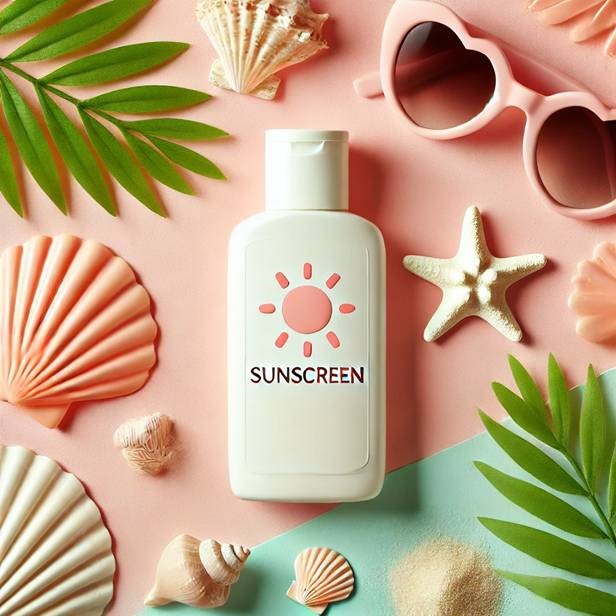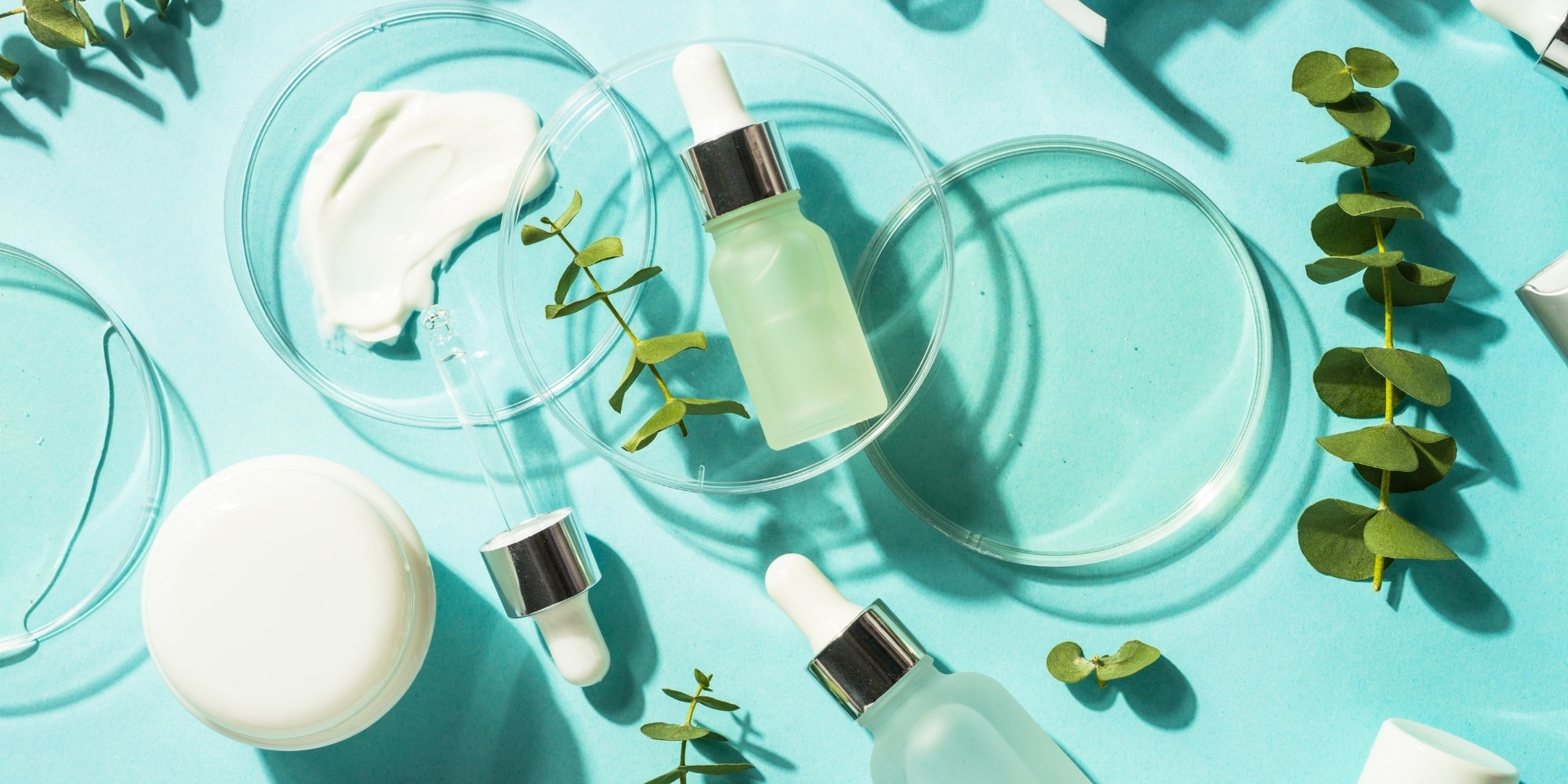Common Misconceptions About Cosmetic Clinical Trials, Debunked

Clinical trials are an essential component of the cosmetic industry. They provide valuable insights into the safety and efficacy of cosmetic products and help ensure that they meet regulatory standards.
However, there are several misconceptions about cosmetic clinical trials that can prevent brands from conducting them or consumers from participating in them. In this article, we'll debunk some of the common misconceptions about cosmetic clinical trials.
1. Clinical Trials Are Only for Pharmaceuticals
One of the most common misconceptions about clinical trials is that they are only for pharmaceutical products. While clinical trials are commonly associated with drug development, they are also essential for the cosmetic industry. Clinical trials provide valuable scientific evidence to support the claims made by beauty brands about the safety and effectiveness of their products.
2. Clinical Trials Are Unsafe
Some people believe that clinical trials are unsafe and that they pose a risk to participants. However, clinical trials are closely monitored by regulatory bodies and ethical committees to ensure that they are conducted safely. Participants are fully informed about the risks and benefits of the study before agreeing to participate, and their safety is a top priority throughout the trial.
3. Clinical Trials Are Expensive
Another common misconception is that clinical trials are expensive and only accessible to large companies with significant budgets. However, this is far from the truth. While some clinical trials can be expensive, there are budget-friendly options available that are specifically designed to be accessible to all. To know more about our services, click here.
4. Clinical Trials Take Too Long
Clinical trials can take time to complete, but the length of the trial varies depending on the product being tested and the regulatory requirements. While it can be challenging to wait for the results of a clinical trial, it is essential to ensure that the product is safe and effective before it is released to the market. Rushing a trial can lead to negative consequences for both the brand and consumers.
5. Clinical Trials Are Not Necessary
Some people believe that clinical trials are not necessary for cosmetic products, and that anecdotal evidence or consumer feedback is sufficient. However, anecdotal evidence and consumer feedback are not enough to ensure the safety and efficacy of a product. Clinical trials provide valuable scientific evidence that supports the claims made by the brand and helps ensure that the product meets regulatory standards.
6. Clinical Trials Are Only for Certain Types of Products
Another misconception is that clinical trials are only required for certain types of cosmetic products, such as those that make therapeutic claims. While some types of products may require clinical trials, such as those that make claims about reducing wrinkles or improving skin texture, any cosmetic product can benefit from a clinical trial. Clinical trials can provide valuable insights into the safety and effectiveness of any cosmetic product, regardless of its claims.
7. Clinical Trials Are Inconvenient for Participants
Participating in a clinical trial can require a significant time commitment, but many trials offer compensation for participants. Additionally, many steps are taken to ensure that the whole process is more convenient for participants. By participating in a clinical trial, individuals can play a role in advancing the development of safe and effective cosmetic products.
In conclusion, there are several misconceptions about cosmetic clinical trials that can prevent brands from conducting them or individuals from participating in them. By debunking these misconceptions, we can help ensure that clinical trials are seen as a valuable tool for advancing the development of safe and effective cosmetic products.
Clinical trials provide valuable scientific evidence that supports the claims made by beauty brands, help ensure that products meet regulatory standards, and provide a competitive advantage in a crowded market. Participating in a clinical trial can be a rewarding experience for individuals, allowing them to play a role in advancing the development of safe and effective cosmetic products.



